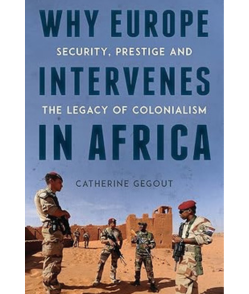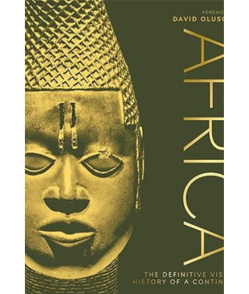Why Europe Intervenes in Africa critically examines the true motivations behind European military interventions in African conflicts since the late 1980s. Focusing on the primary European actors — France, the United Kingdom, and the European Union — this book explores why European responses to African conflicts are often characterized by inaction. Key factors include the absence of direct strategic or economic interests, reluctance to intervene in former colonies of other European powers, and a Eurocentric mindset that views conflict in Africa as a routine event requiring little intervention. When European powers do decide to act, the primary drivers are security concerns and the pursuit of prestige, rather than economic or humanitarian reasons. The historical legacy of colonialism also influences European military actions, though its impact is evolving. Combining realist and post-colonial approaches, the book challenges liberal and constructivist views that suggest interventions are driven by the “responsibility to protect.” This is a thorough exploration of the intersection between Europe’s past and its ongoing military engagements in Africa.

Why Europe Intervenes in Africa: Security, Prestige and the Legacy of Colonialism
₦33,500.00
The historical legacy of colonialism also influences European military actions, though its impact is evolving. Combining realist and post-colonial approaches, the book challenges liberal and constructivist views that suggest interventions are driven by the “responsibility to protect.” This is a thorough exploration of the intersection between Europe’s past and its ongoing military engagements in Africa.






Reviews
There are no reviews yet.